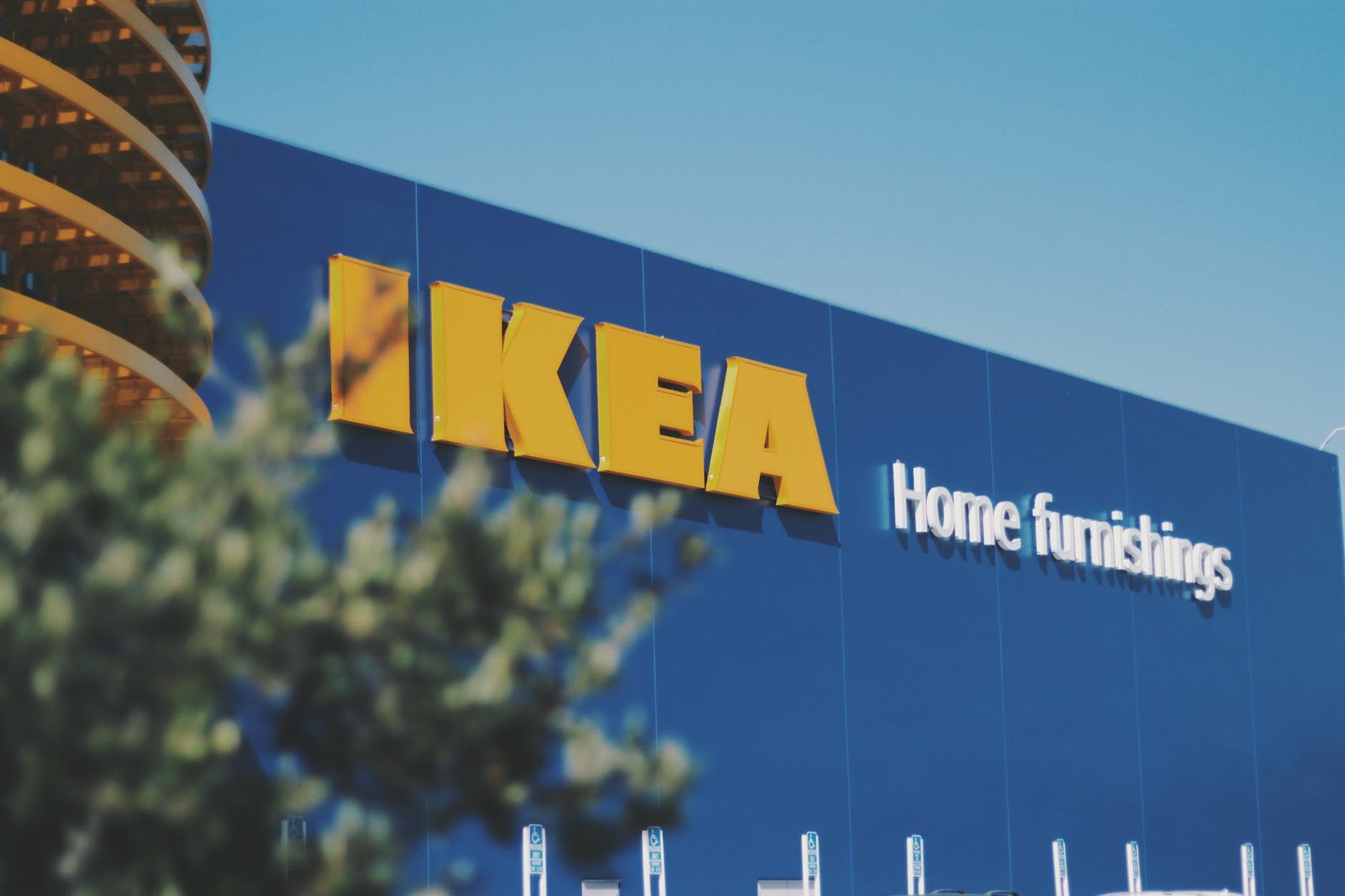In an age when environmental concerns are gaining center stage, the concept of sustainability has evolved from a term to an essential component of company strategies. Digital marketing, as a potent tool for reaching and engaging people, is not immune to this trend.
In this comprehensive book, we will investigate the confluence of sustainability and digital marketing, outlining why it is important, how it can be done, and presenting real-world examples of brands leading the push towards a greener, more sustainable Green Marketing landscape.

Understanding Digital Marketing Sustainability
What is Digital Marketing Sustainability?
The practice of executing digital marketing activities in an environmentally responsible and ethical manner is referred to as sustainability in digital marketing. It entails minimizing digital marketing initiatives’ negative environmental impact while maximizing positive contributions to sustainability and social responsibility.
In addition to environmental concerns, digital marketing sustainability links with broader cultural and economic trends. It represents an increased understanding of social responsibility and ethical corporate practices.
Consumers today value transparency, ethical sourcing, and fair labor practices in addition to environmental concerns. Brands can address these concerns through long-term digital marketing.
Sustainable practices can be a differentiating selling factor in a competitive market. Brands that are open about their sustainability efforts can stand out in crowded markets. When deciding between identical items or services, it might be a deciding factor for consumers.
In summary, sustainability in digital marketing is more than just lowering carbon footprints; it is about adopting a holistic approach that takes into account social, economic, and environmental implications.
It is about developing a marketing ecosystem that reflects the values and concerns of today’s consumers while also ensuring long-term survival in an ever-changing business sector.
Furthermore, sustainability boosts a brand’s reputation and credibility. It indicates that a corporation is forward-thinking and devoted to helping to mitigate environmental concerns. Customers are more likely to trust and support companies that priorities sustainability, perhaps leading to increased loyalty and brand advocacy.
Future-proofing digital marketing requires sustainability. Businesses that incorporate sustainability into their operations are better positioned to respond to shifting legislation and market dynamics as the globe grapples with climate change and resource constraint. They are less subject to interruptions caused by resource scarcity or environmental disasters.
What Is the Importance of Sustainability in Digital Marketing?

Environmental Responsibility: Like many other businesses, digital marketing consumes energy and materials. Sustainable practises help to lower the carbon impact of digital marketing efforts.
Consumer Preferences: Today’s consumers are becoming more environmentally sensitive. Brands that share sustainable values are more likely to connect with and attract environmentally conscious customers.
Long-Term Viability: In an ever-changing corporate context, sustainable practises can lead to cost savings, long-term viability, and resilience.
Regulatory Compliance: As governments and regulatory organisations implement more environmental restrictions, sustainable digital marketing practises can assist businesses in remaining compliant.
Achieving Long-Term Success in Digital Marketing
Now that we’ve established the significance of sustainability, let’s look at how it may be done in the world of digital marketing:
1. Eco-Friendly Web Hosting
Choose web hosting companies that use green energy sources. Green hosting not only minimizes the carbon impact of your website but also fits with environmental objectives.
2. Long-Term Content Creation
Create material that promotes sustainability, educates your audience on environmental issues, and emphasizes your brand’s sustainability commitment. In your content creation, use recyclable or sustainable elements, such as eco-friendly photos and graphics.
3. Energy-Saving Data Centers
Choose data centers that have an emphasis on energy efficiency and employ renewable energy sources. This option can greatly lessen the environmental effect of your digital marketing campaigns’ data storage and processing.
4. Long-term SEO and SEM
Use sustainable practices to optimize your website for search engines. Concentrate on producing high-quality, evergreen material that does not require frequent revisions. Implementing long-term SEO and SEM tactics can help to reduce the energy consumed by website maintenance.
5. Simple Email Marketing

Send fewer emails and use efficient email marketing solutions that reduce server loads to practise minimalist email marketing. Encourage subscribers to select for fewer emails or to receive only the most important information, thereby decreasing wasteful email traffic.
Eco-Friendly Marketing
Consider environmentally friendly advertising solutions. Choose static advertisements over dynamic ads, for example, because they consume less energy. Investigate collaborations with platforms that invest in green energy for their servers.
Real-World Examples of Long-Term Digital Marketing
Let’s look at how some innovative firms are incorporating sustainability into their digital marketing strategies:
1. the Patagonia region

Outdoor clothes business Patagonia is a pioneer in the field of sustainability. They employ digital marketing channels to raise awareness of environmental issues and advocate sustainable practices. Instead of buying new clothes, its “Don’t Buy This Jacket” campaign encouraged shoppers to repair and reuse their old ones.
2. IKEA

The Swedish furniture company IKEA includes sustainability into its digital marketing strategy by highlighting environmentally friendly products and practices. Their “Sustainable Living” programme provides clients with tips and goods to assist them lessen their environmental effect.
3.Unilever

Company that sells consumer products Unilever has prioritized sustainability in its digital marketing initiatives. Their “Sustainable Living Plan” is prominently displayed in their online marketing materials, and they use digital channels to educate consumers about sustainability and the environmental impact of their products.
Conclusion
Sustainability in digital marketing is more than a trend; it is a must. Businesses must alter their digital marketing tactics to comply with these principles as customers become more environmentally sensitive. By embracing sustainability, organizations may lower their environmental footprint, connect with environmentally concerned customers, and create a more resilient and responsible digital marketing ecosystem.
Sustainability in digital marketing, as demonstrated by Patagonia, IKEA, and Unilever, is not a hindrance but an opportunity. It’s an opportunity for companies to demonstrate their commitment to a greener future while engaging their audiences in meaningful ways. As you negotiate the ever-changing landscape of digital marketing, keep in mind that sustainability is more than a choice; it’s an investment in a better tomorrow for your company and the environment.
